Sleeping in the elements during a deep freeze like the one Calgary is currently mired in is dangerous. But a former homeless outreach worker, who has worked within that sector for almost two decades, sees the humanity in the way some people live.

Adam Melnyk is spending some of his days connecting with the vulnerable people in the community who live in their own encampments. On frigid days, he checks to make sure they’re keeping warm.
“We worry about people not being prepared,” he said.
“Over the years, people are prepared. Those who have done it and spent time, their bodies adapt to the temperatures. They are more accustomed to the weather than compared to you and I.”
Melnyk has seen the elaborate ways people survive with very little and the lengths they go to keep warm.
“Why do people choose to sleep outside rather than a shelter? I like people to see that side of how much work it takes,” he said. “It’s their dedication and ingenuity and hard work.

Get daily National news
“People created a treehouse 20 feet in the air to be off the ground. I’ve seen people living under loading docks — a variety of things that are impressive.”
READ MORE: Groups that advocate for homeless Edmontonians say cold weather triggers ‘urgent need’
They also choose places not easily seen.
“It’s more secluded where people can be more hidden,” Melnyk said.
Photojournalist Alex Ramadan is documenting the lives of those who live outdoors. He’s collaborating with Melnyk on the project.
“I had a curiosity about how you work through living on the streets, marginalized and not as lucky as others,” Ramadan said.
He hopes to capture the bitter realities and inspire empathy.
“With this cold, I am amazed how people are able to do it, but I am heartbroken by a system that is stretched,” Ramadan said.
“It’s been really eye-opening.”
“I hope others start seeing how people live and sometimes thrive and sometimes struggle. I just hope they connect,” Ramadan said.
Shelters like The Mustard Seed aren’t at capacity and have plenty of beds, including ones at their overflow locations. Andrew Millar, lead at the Mustard Seed shelters, said staff never turn anybody away.
“Monday night, we had 110 clients in our Foothills shelter, with 30 empty spots,” he said. “And at First Alliance Church, we had 60 out of 84, so we have 40 or 50 extra spots out of 250,” Millar said.
“Everybody sleeping rough has their own story, but our sympathies are with them and (we) hope they have adequate preparation.
“Certain organizations are in touch, making sure they are comfortable and staying alive.”
The Downtown Outreach Addictions Partnership, known as the DOAP team, works around the clock. It’s considered a lifeline to people exposed in cold weather. If anyone sees another person in need of support, they can call DOAP 24/7 at 403-998-7388.
Melnyk also created a way of honouring front-line workers, like those who work in homeless shelters. It’s called You Care We Care.
He delivers special gifts and care packages to let them know they are appreciated.
“It’s my way of giving back,” Melnyk said.
- They ‘ran into gunfire’: Impact of the Tumbler Ridge shooting on first responders
- Tumbler Ridge shooting fuels misinformation about trans people, organization says
- Soaring number of fatal crashes in Calgary already on pace to top last year
- Calgary police charge nail salon employee with sexual assault


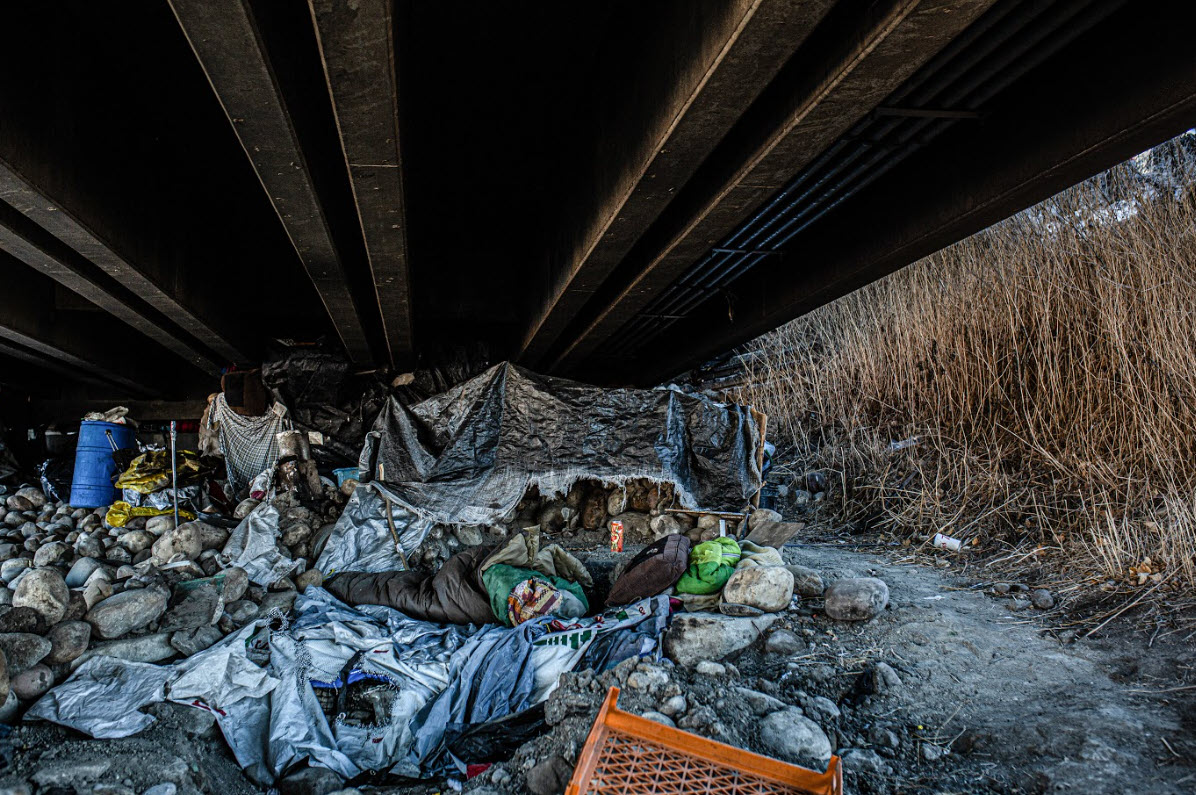
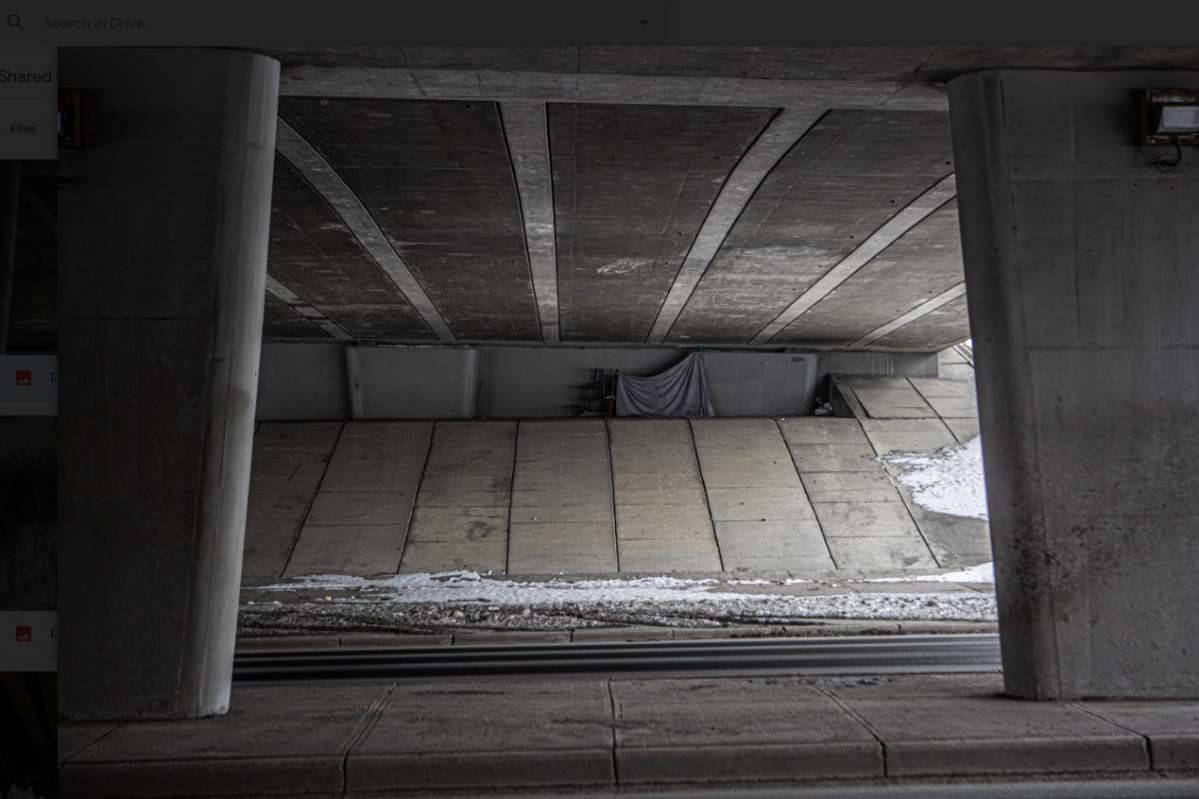
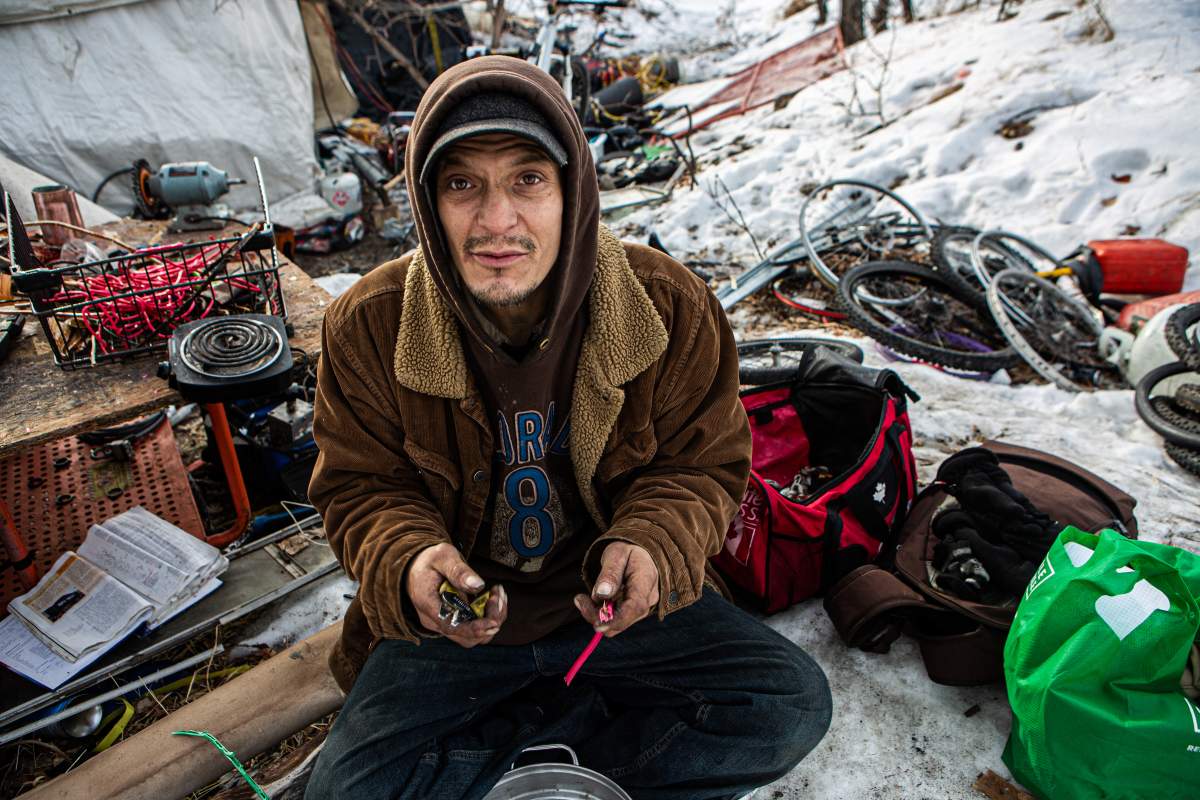
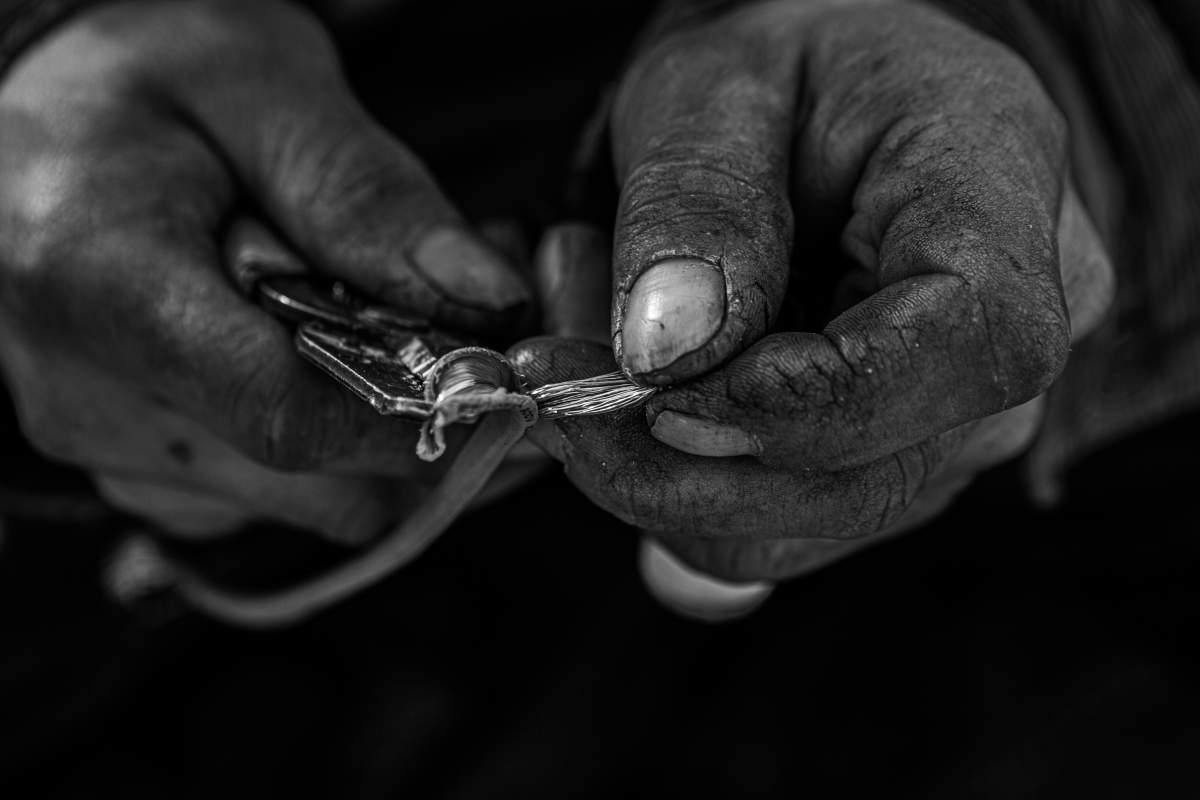


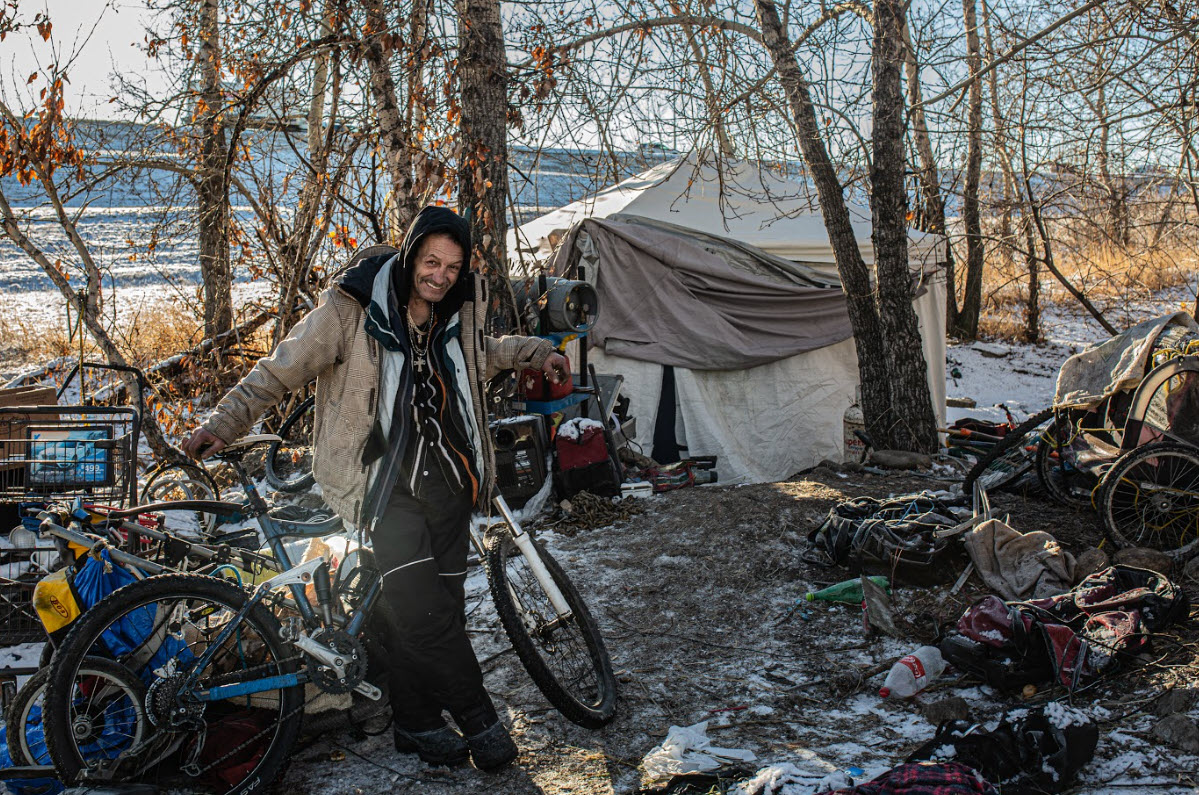
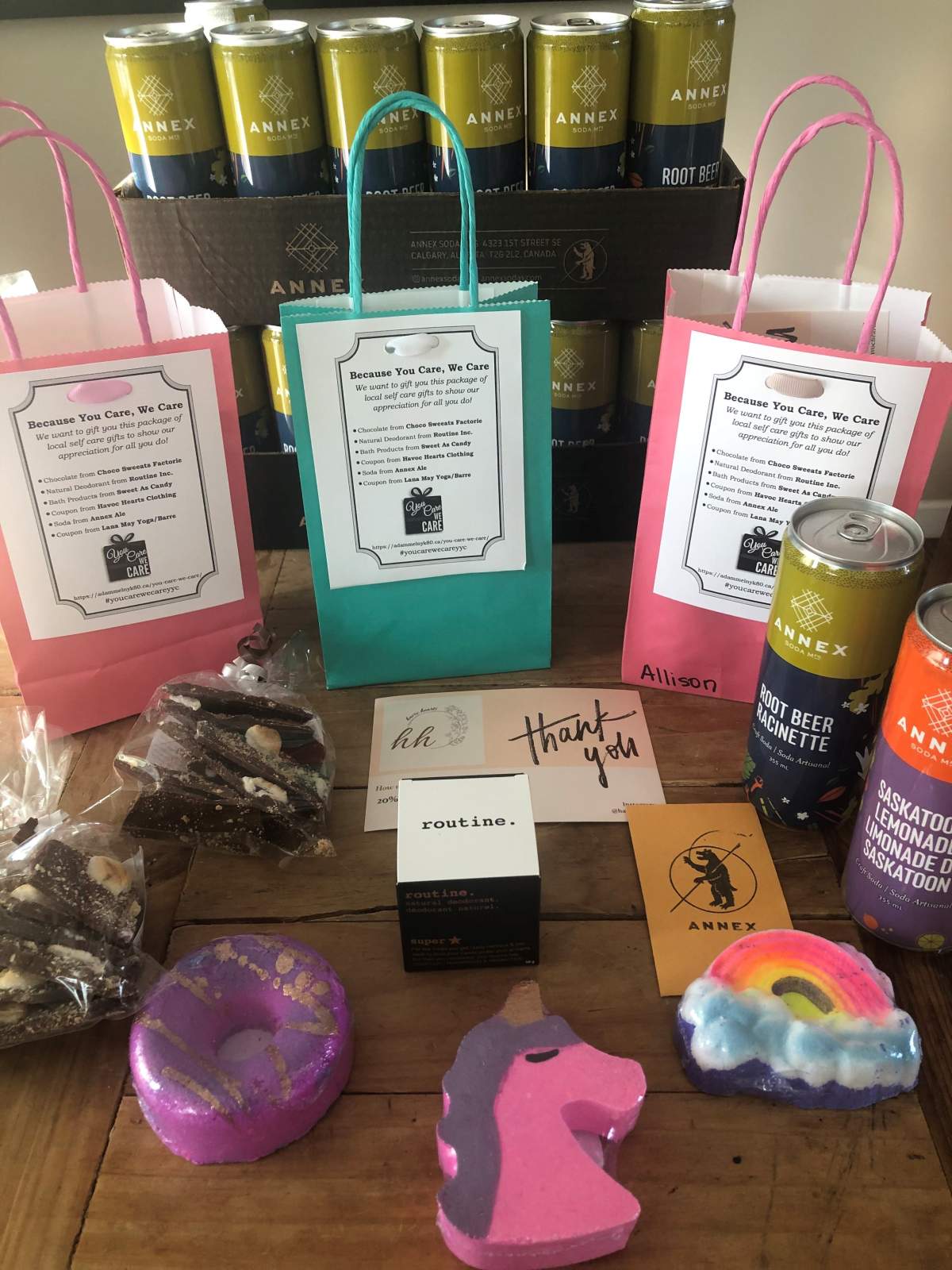




Comments
Want to discuss? Please read our Commenting Policy first.